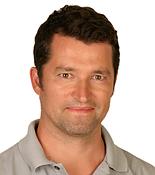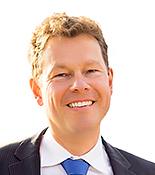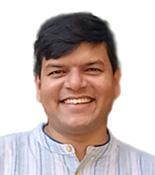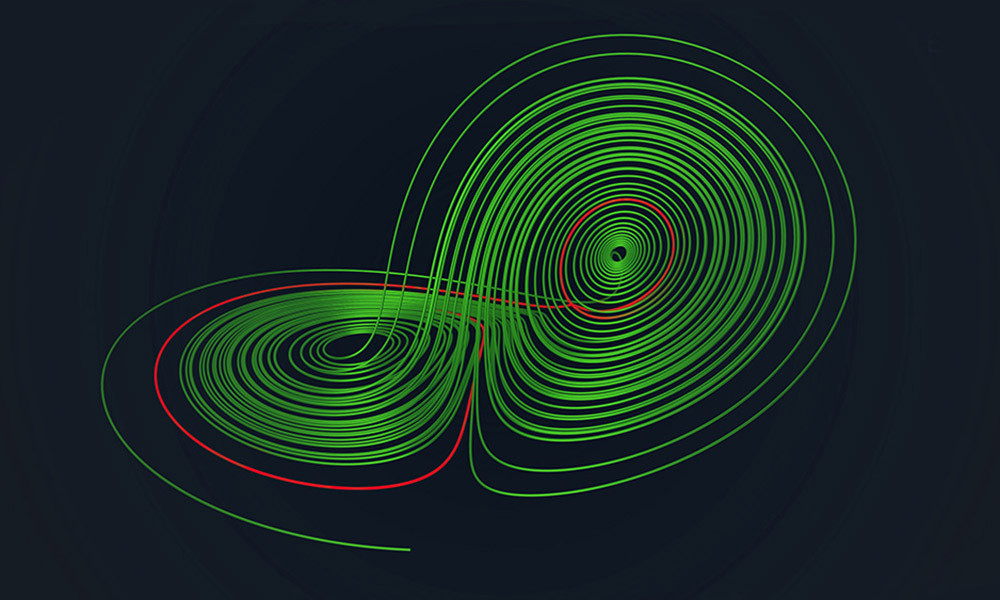
Alexander Aulehla
Head of Developmental Biology Unit and Scientific Head of LAR
Developmental Biology Unit
EditEnabling external scientists and students to benefit from new collaborations, technologies and state-of-the-art equipment
Theory researchers are invited to submit an application for a Theory@EMBL fellowship
The Theory@EMBL fellowship programme is part of a wider EMBL activity (Theory@EMBL) that aims to promote theory-based approaches across EMBL. This includes strengthening existing data-driven and modelling activities, but – importantly – also taking a leap forward and putting emphasis on conceptual theory.
The programme offers researchers working on theoretical and mathematical modelling aspects of biology the opportunity to apply for financial and organisational support for visits to any of EMBL’s sites. The goal of the programme is to support the initiation or deepening of scientific collaborations, and to connect theory-oriented researchers with cutting-edge molecular biology research, new experiments, data, and experimental research groups.
Several fellowships will be awarded each year for researchers to undertake a visit to one of EMBL’s sites for an expected duration of up to six months (undergraduate students can stay for up to one year). Funding is provided for travel to EMBL (according to defined travel caps based on the country of the researcher’s home institute) and includes costs for required visas and for accommodation (if available, in an EMBL guesthouse; otherwise, support for finding housing and financial support towards rental costs is provided). Reimbursement of actual costs incurred will be made after the start of the visit. Undergraduate students will receive a monthly subsistence (not applicable to researchers at a higher career level).
Applications must be developed based on mutual agreement with at least one EMBL group or team leader acting as a local host.
More information about Theory@EMBL
Researchers (PIs, Postdoctoral fellows, staff scientists, Predoctoral fellows, undergraduate Bachelor and Master students) are encouraged to apply for a Theory@EMBL fellowship. There are no restrictions on age, gender, scientific background or country of origin except for affiliations with UN/EU-sanctioned institutes.
The researcher must remain in employment at their home institution for the duration of the visit (not applicable to undergraduate students).
Applications should present ideas for potential new collaborations or plans to deepen existing contacts (not applicable to undergraduate students). Projects that link to multiple EMBL groups are highly encouraged.
Applications can be submitted for deadlines set every three months (deadlines are 31 March, 30 June, 30 September and 31 December).
To submit your application, please download the application form at the top of the page and send the completed document, including your CV, to the Scientific Visitor Programme.
Do you still have questions after reading through the application guidelines?
Administrative support email: Scientific Visitor Programme

Head of Developmental Biology Unit and Scientific Head of LAR
Developmental Biology Unit
Edit
Group Leader and Senior Scientist
Edit
Group Leader and Co-chair of Theory at EMBL Transversal Theme
Edit
Past awardees
Hans-Peter Herzel, Professor
Humboldt University Berlin, Aulehla & Erzberger grps (Heidelberg)
Chiu-Fan Lee, Research Officer
Imperial College London, Quail grp (Heidelberg)
Freddie Can Igebor, Master Student
Heidelberg University, Graf grp (Heidelberg)
Roman Sokolovskii, Research Associate
Imperial College London, Goldmann grp (EBI)
Maximilian Herzog, PhD Student
Heidelberg University, Huber grp (Heidelberg)
Elizabeth Purdom, Associate Professor
UC Berkeley, Huber & Stegle grps (Heidelberg)
Aidan Wong, Master Student
University of Toronto, Vu grp (Heidelberg)
Kinjal Dasbiswas, Associate Professor
University of California Merced, Graf grp (Heidelberg)
Karishma Behera, Master Student (India)
Indian Institute of Science (IISc), Dorrity grp (Heidelberg)
Ivan Palaia, Associate Professor
Kings College London, Dis-Munoz & Graf grps (Heidelberg)
Mir Mikdad Talpur, Master Student
University of Toronto, Stegle gro (Heidelberg)
Gerry Tonkien-Hill, PhD Student
Peter MacCallum Cancer Centre & University of Melbourne, Lees & Bork grp (Hinxton & Heidelberg)
James Malone, PhD Student
University of Oxford, Sharpe grp (Barcelona)
Michele Lupini, Master Student
Politecnico di Torino, Cuylen-Häring & Erzberger grp (Heidelberg)
Ka Wun Casey Leung, PhD Student
University of Toronto, Vu grp (Heidelberg)
Lamberto Rondoni, Professor
Politecnico di Torino, Quali & Erzberger grp (Heidelberg)
Samuele Massimi, Master Student
University of Turin, Quali & Erzberger grp (Heidelberg)
Kharuk Sviatoslav, Master Student
Vasyl Stefanyk Precarpathian National University, Huber grp (Heidelberg)
Wei Shen, Group Leader
Chongqing Medical University, Iqbal grp (Hinxton)
Samuele Massimi, Master Student
University of Turin, Quail and Erzberger grps (Heidelberg)
Hernan Garcia, Group Leader
UC Berkeley, Crocker grp (Heidelberg)
Tommi Mäklin, Postdoc
University of Helsinki, Lees grp (Hinxton)
Katie Bentley, Group Leader, and Jakub Grzelak, Research Officer (United Kingdom)
The Francis Crick Institute, Haase gp (Barcelona)
Zev Gartner, Group Leader (USA)
UCSF, Sharpe and Torres-Sanchez gps (Barcelona)
Marcos Nahmad Bensusan, Group Leader (Mexico)
CRAS, Mexico City, Sharpe and Trivedi gps (Barcelona)
Jeremy Gunawardena, Group Leader (USA)
Harvard Medical School, Krebs gp (Heidelberg)
Sidhartha Goyal, Group Leader (Canada)
University of Toronto, Vu and Erzberger gps (Heidelberg)
Maria Leite, Group Leader (USA)
University of South Florida, St. Petersburg, Rompani gp (Rome)